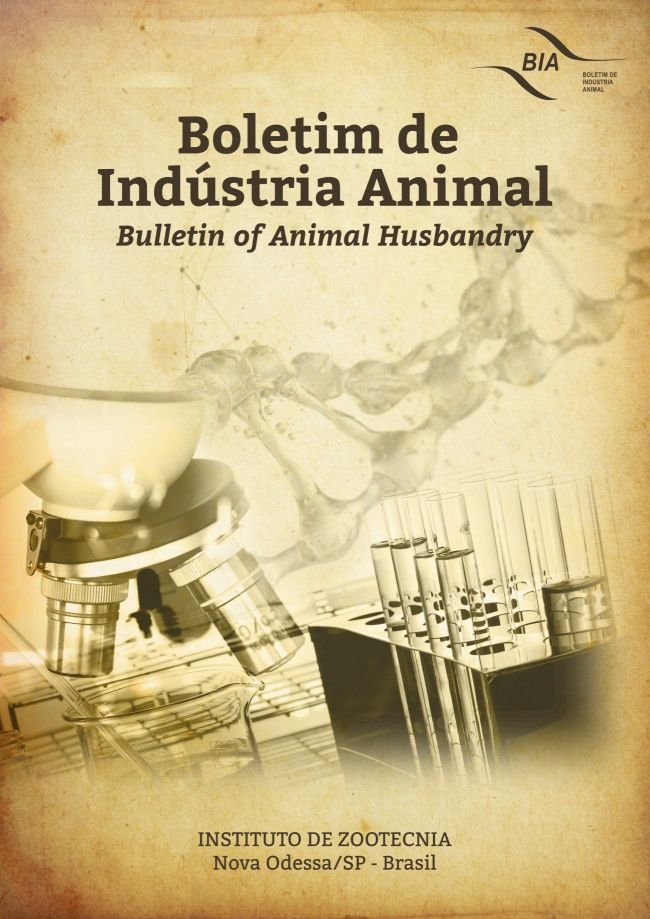Payment For Environmental Services: A Case Study In The Córrego Horizonte Sub-Basin, Rive-Alegre, Espírito Santo
Palavras-chave:
Financial Support, Quality, Water ResourceResumo
Historically, agriculture has made the largest contribution to the Brazilian trade balance, with farming and stock breeding generating more revenue in gross domestic product (GDP) compared to industry and commerce. Thus, one of the biggest challenges for Brazil is to associate economic development with agricultural production at the same time as seeking to reduce environmental impacts on natural resources. At the global level, the environmental crisis is an issue that has generated widespread debates in developed and developing countries. In turn, it has a significant influence on the choice or continuance of trading partners. In this sense, the poor environmental management of nations has been observed and questioned, as in the European Union and Mercosur frameworks. In this way, it can be seen that it is necessary for Brazil to reconcile economic development, which strongly depends on the agricultural sector, with environmental protection and conservation. Horizonte Stream in the district of Rive, municipality of Alegre, state of Espírito Santo, is just one of the water resources that have been polluted due to the lack of a sustainable vision of the environment. Thus, the lack of definition of public policies makes it necessary to adopt environmental protection measures aimed at this stream. Among the existing possibilities is payment for environmental services (PES). The main ideas of PES are the recognition of good environmental practices and corresponding financial rewards. Thus, the general objective of this work was to evaluate the willingness of residents of the district of Rive to contribute financially for environmental services, corresponding to the protection, recovery and conservation of the micro-basin of Horizonte Stream in the stretch in the Rive District. Methodologically, the adapted contingent valuation method (CVM) was used. This method basically asks people what they are willing to pay (DaP) for an environmental benefit. Thus, to determine the willingness of residents to pay for environmental services, questionnaires were applied to a sample of 10% of the residents of the district in order to identify their acceptance of sustainable protection through investment in the recovery of Horizonte Stream. Regarding the amount to be charged, most respondents indicated R$ 2.00 as the payment they would be willing to add to their monthly water bill to support a program to recover the quality of water in the stream.
Downloads
Downloads
Publicado
Edição
Seção
Licença
Os autores não serão remunerados pela publicação de trabalhos, pois devem abrir mão de seus direitos autorais em favor deste periódico. Por outro lado, os autores ficam autorizados a publicar seus artigos, simultaneamente, em repositórios da instituição de sua origem, desde que citada a fonte da publicação original seja Boletim de Indústria Animal. A revista se reserva o direito de efetuar, nos originais, alterações de ordem normativa, ortográfica e gramatical, com vistas a manter o padrão culto da língua e a credibilidade do veículo. Respeitará, no entanto, o estilo de escrever dos autores. Alterações, correções ou sugestões de ordem conceitual serão encaminhadas aos autores, quando necessário. Nesses casos, os artigos, depois de adequados, deverão ser submetidos a nova apreciação. As opiniões emitidas pelos autores dos artigos são de sua exclusiva responsabilidade. Todo o conteúdo deste periódico, exceto onde está identificado, está licenciado sob a Licença Creative Commons Attribution (CC-BY-NC). A condição BY implica que os licenciados podem copiar, distribuir, exibir e executar a obra e fazer trabalhos derivados com base em que só se dão o autor ou licenciante os créditos na forma especificada por estes. A cláusula NC significa que os licenciados podem copiar, distribuir, exibir e executar a obra e fazer trabalhos derivados com base apenas para fins não comerciais.













